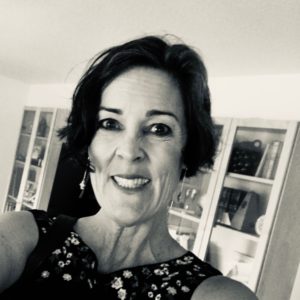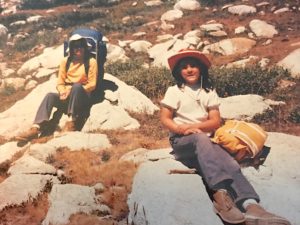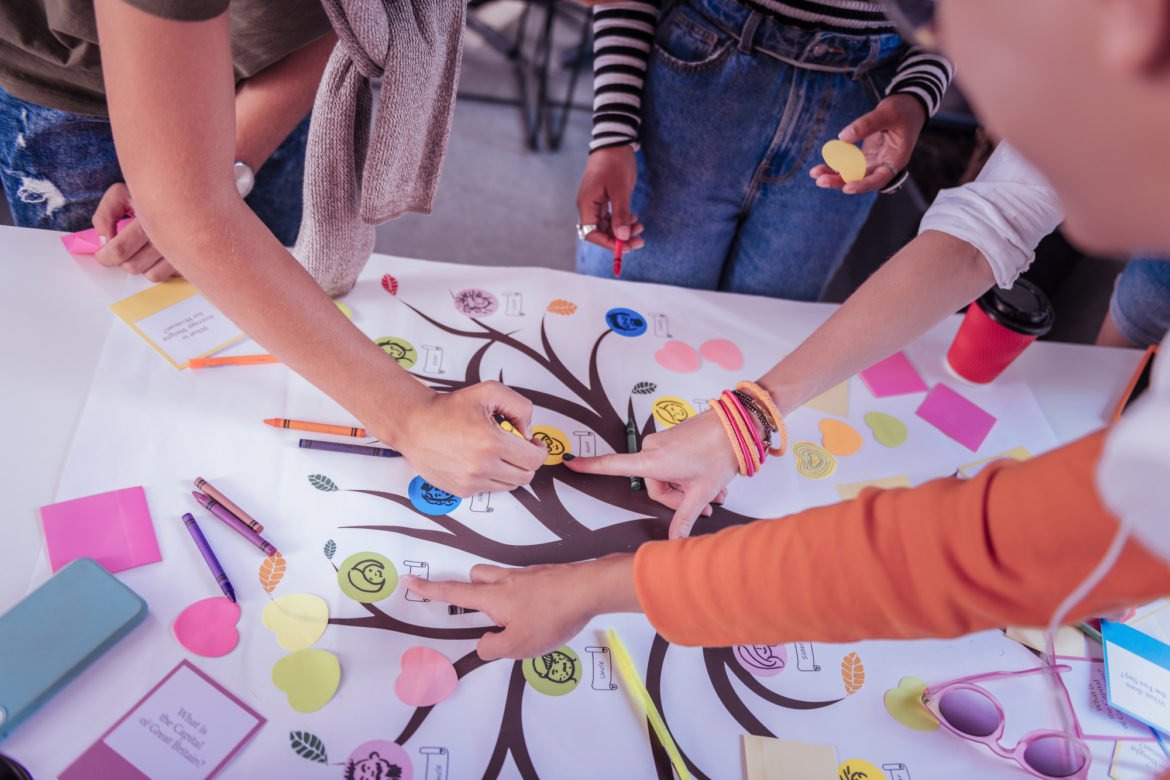Grade school teachers love to assign "the family tree" project. Little do they realize that for many adopted children it's a source of pain and confusion. For the author, it also yielded a bittersweet demonstration of fierce mother-love.
By Vanessa Sager
Many adoptees dread an elementary school project that seems to be universally assigned — the family tree project. The teachers ask children to research their roots and family origins to find out where they came from and what their heritage is. Most children like me, adopted during the baby scoop era, lived in families in which we were simply expected to assume our place in the adoptive family and take our identity from it. I first encountered the family tree project when I was in 2nd grade. It created consequences from which I not only never recovered, but which also shaped my future in unforeseeable ways.
I have a strong memory from that school year. I asked my mom, “What am I?” I meant what nationality was I, where did MY people come from? Kids at school were talking about this and I could not join the conversation. Stephanie was German, Korey was Korean, what was I? She had no answer for me other than the vague and slightly suspect information given to her by the social worker who arranged my adoption. It wasn’t good enough for me.
One afternoon she was putting away laundry, and I was following behind her, peppering her with questions. Am I German? Yes. Am I Russian? Yes. Am I Danish? Yes. I suspected she was frustrated and just saying yes to everything, so I tested her. Am I Chinese? Yes. She was walking faster, furiously placing towels in the bathroom cupboard, and I could see only her backside. Am I Indian? Yes. Am I African? Yes.
Oh, Mama! In my memory, she’s now running away from me, unable to give me the answers I so desperately needed. My mom loved me with a fierce mother-love, but by this time in our lives together as mother and daughter, she had figured out that I could not accept this love. I could not feel it. She had learned to give me space and not to smother me. This was the true test of her love for me: to love from an arm’s length and neither force me to feel nor to return her love. Oh, wretched adoption.
I became obsessed with other cultures, with maps, with foreign languages. I spent countless hours staring at my reflection, looking for clues as to who I might be. I signed up to be pen pals with scores of children from around the world. In high school I was a foreign exchange student and lived for a year with a German family and went to a German high school. I was looking and waiting for some unknown something to reveal to me what my heritage was. I thought I would recognize it when I found it.
Many years later, when I was in my 40s and had finally found my family and the truth about my heritage, I had an acute, physical sensation of coming down from the clouds of fantasy and wonder and resting my body firmly on solid ground. I had facts. I was something. For the very first time in my life, I felt real.
Also during this time, I was going through old papers, photos, and documents and found a letter the social worker who had worked my case had written to my mom. It was dated the year I was in 2nd grade. In it, the social worker, Marjorie, thanked my mom for getting in touch with her but she regretted to tell my mom that she could not reveal any more information about my natural parents’ heritage as there was nothing more in my file about that. My mom never told me that she had done this, that she had tried to find me answers, that her fierce mother-love exhausted every resource she had in 1975 to give me what she knew I needed most.
My mom died young. She died before I learned how to receive her love and how to properly love her back. And so now it is I, with a tender daughter-love, who finally knows and feels how much she loved me, who must return her love from afar.
Vanessa Sager lives in the Pacific Northwest, where she turned her curiosity about world cultures into a passion for teaching English language learners. Follow her on Twitter @bglundquist.






